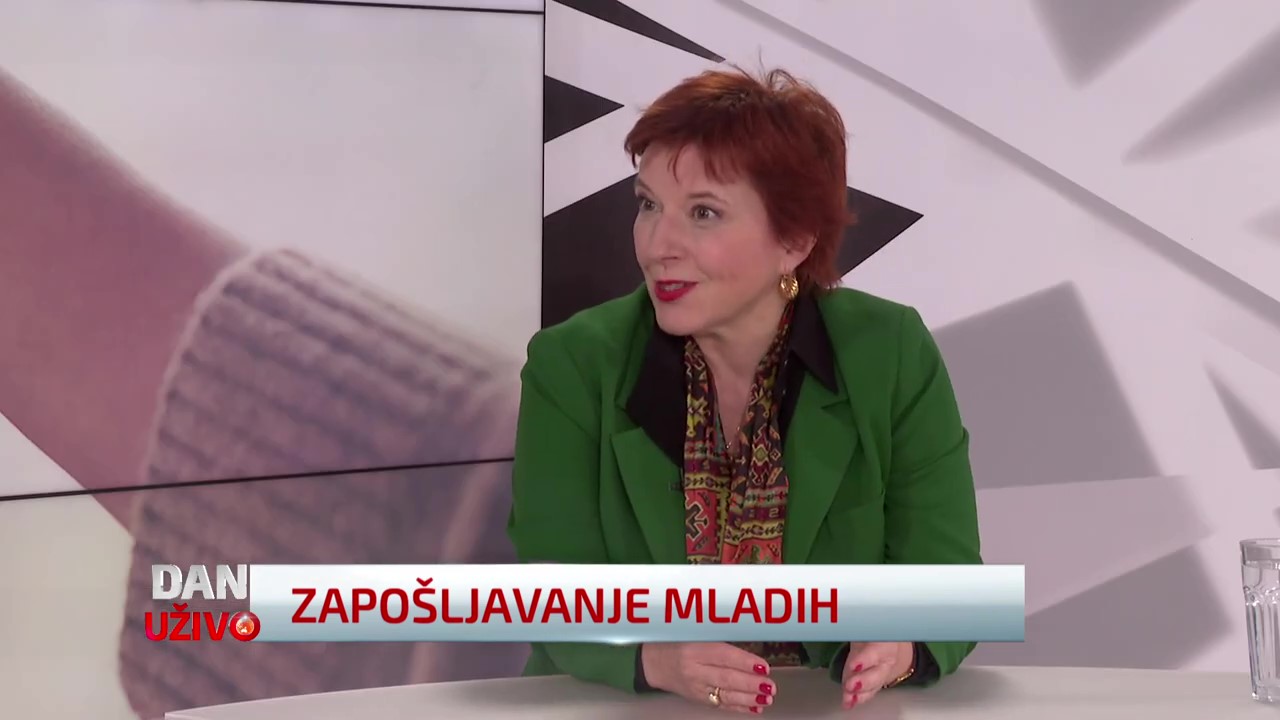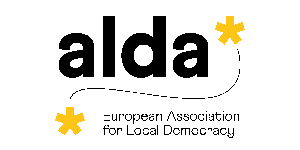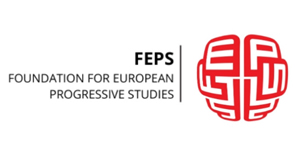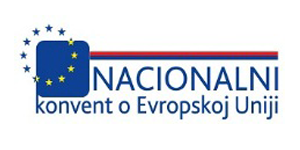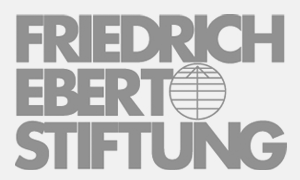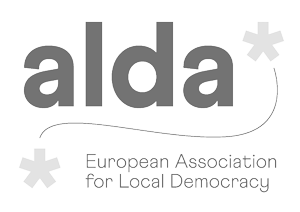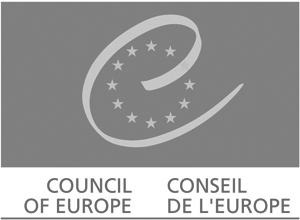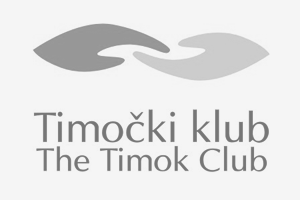Vučković for N1 TV: We have to identify the priorities of our youths and to create opportunities for realisation
We must become a society with a friendly approach to our youths; to identify their priorities and create opportunities for realisation, said the Secretary General of the Center for Democracy Foundation, Nataša Vučković for N1 TV.
The educational profiles available to youths in our secondary schools are inept for Serbia’s labour market. We must ask ourselves if our education policy is flexible enough; is it able to quickly reform curricula or predict future occupations; can we introduce education for new occupations quickly enough; is multidisciplinary know-how acquired by our students; can it network and make connections between fields of knowledge, given that we are living in a time of great technological and occupational change.
The main issue is what awaits younger generations as they leave secondary school. Do they all have equal access to higher education? The social situation is extremely alarming, the cost of higher education is astronomical, the cost of renting accommodation has increased drastically, as have tuition fees.
On the other hand, we are very slow to introduce change where curriculum is concerned. Yet, we must enforce these changes, as a candidate for EU membership. Serbia should introduce the EU’s Youth Guarantee programme. This is a group of institutions offering assistance to youths so that they may quickly find employment, improve their skills, adapt, and obtain additional qualifications needed for occupations currently available on the market. The point being to reduce the amount of time between the moment they complete school and secure employment.
How will young people gain their independence and no longer rely on their immediate families? There are a number of possible measures that may be implemented at the level of the local self-government, district, intermunicipal collaboration and at the national level. Numerous programmes financed by the EU, USAID, etc., are trying to convey to youths that they are important to our society, that we want them to remain in the country, to become active citizens, to become interested in the lives of the communities they belong to. In order for us to achieve this not only do we have to get them involved and interested in the community, we also need to understand their priorities and how we can help them achieve their goals.
In other words, we have to become a society with a friendly approach to our youths, to identify their priorities and create opportunities for realisation. One issue is whether they will receive a quality, accessible education, another is will they be able to secure decent work, a proper salary that will allow them to live a decent life, will they have a healthy and secure place to work and protection of their labour rights?
We are speaking of the constant fragmentation of labour legislation on the one hand, as labour rights are regulated through various laws. This had led to less and less protection of labour rights and, on the other hand, the adoption of the new Employment Act is constantly being postponed, thus reducing the level of protection and the level of understanding of the laws and the ability of the public to know what our rights are.
Our generation needs to create models, reforms and to understand that technology is developing at rapid speeds, that the generational gap is greater than it ever has been before. If we say that children are the future, then our generation, which has experience and accumulated knowledge, must direct them in a way that will serve to better understand youths and predict the times they will live in. To do this, we must constantly engage in dialogue, to include youths in decision-making and the consideration of decisions and reforms, as youths best understand the times they are living in, much better than we do, concluded Nataša Vučković.
Source: N1/CDF
PUBLICATIONS
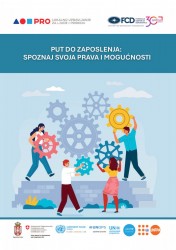 Manual “The Path to Employment: Get to Know Your Rights and Opportunities”
Manual “The Path to Employment: Get to Know Your Rights and Opportunities”
 NCEU Book of Recommendations 2025
NCEU Book of Recommendations 2025
 Challenges for Organising and Collective Bargaining in Care, Administration and Waste collection sectors in Central Eastern European Countries
Challenges for Organising and Collective Bargaining in Care, Administration and Waste collection sectors in Central Eastern European Countries
 Public Policy Proposals – Collective Bargaining (CEECAW)
Public Policy Proposals – Collective Bargaining (CEECAW)
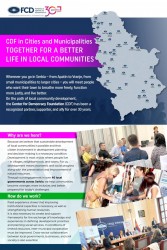 CDF in Cities and Municipalities: Together for a Better Life in Local Communities
CDF in Cities and Municipalities: Together for a Better Life in Local Communities
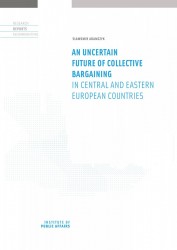 Comparative reports on collective bargaining - CEECAW
Comparative reports on collective bargaining - CEECAW
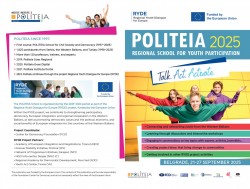 POLITEIA – Regional School for Youth Participation 2025 (leaflet)
POLITEIA – Regional School for Youth Participation 2025 (leaflet)
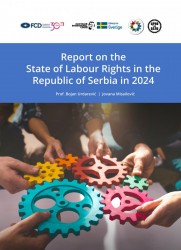 Report on the State of Labour Rights in the Republic of Serbia in 2024
Report on the State of Labour Rights in the Republic of Serbia in 2024
 Unlocking Collective Bargaining Power in Three Sectors: A Call to Action
Unlocking Collective Bargaining Power in Three Sectors: A Call to Action
 Main Issues of Labor Legislation in Serbia
Main Issues of Labor Legislation in Serbia
 New Monitoring Report by the “SDGs for All” Platform: Is the End Goal in Sight?
New Monitoring Report by the “SDGs for All” Platform: Is the End Goal in Sight?
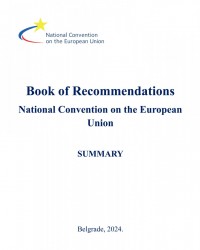 NCEU Book of Recommendations 2024 (Summary)
NCEU Book of Recommendations 2024 (Summary)
 National reports on collective bargaining in Serbia - CEECAW
National reports on collective bargaining in Serbia - CEECAW
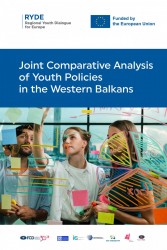 The Comparative Analysis of Youth Policies in the Western Balkans (WB)
The Comparative Analysis of Youth Policies in the Western Balkans (WB)
 Unlocking Collective Bargaining Power in Three Sectors: A Call to Action
Unlocking Collective Bargaining Power in Three Sectors: A Call to Action
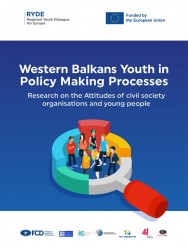 Western Balkans Youth in Policy Making Processes
Western Balkans Youth in Policy Making Processes
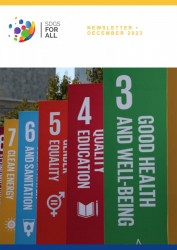 SDGs for All Platform newsletter (December 2023)
SDGs for All Platform newsletter (December 2023)
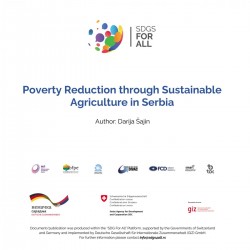 Analysis: Poverty Reduction Through Sustainable Agriculture in Serbia (with Summary)
Analysis: Poverty Reduction Through Sustainable Agriculture in Serbia (with Summary)


